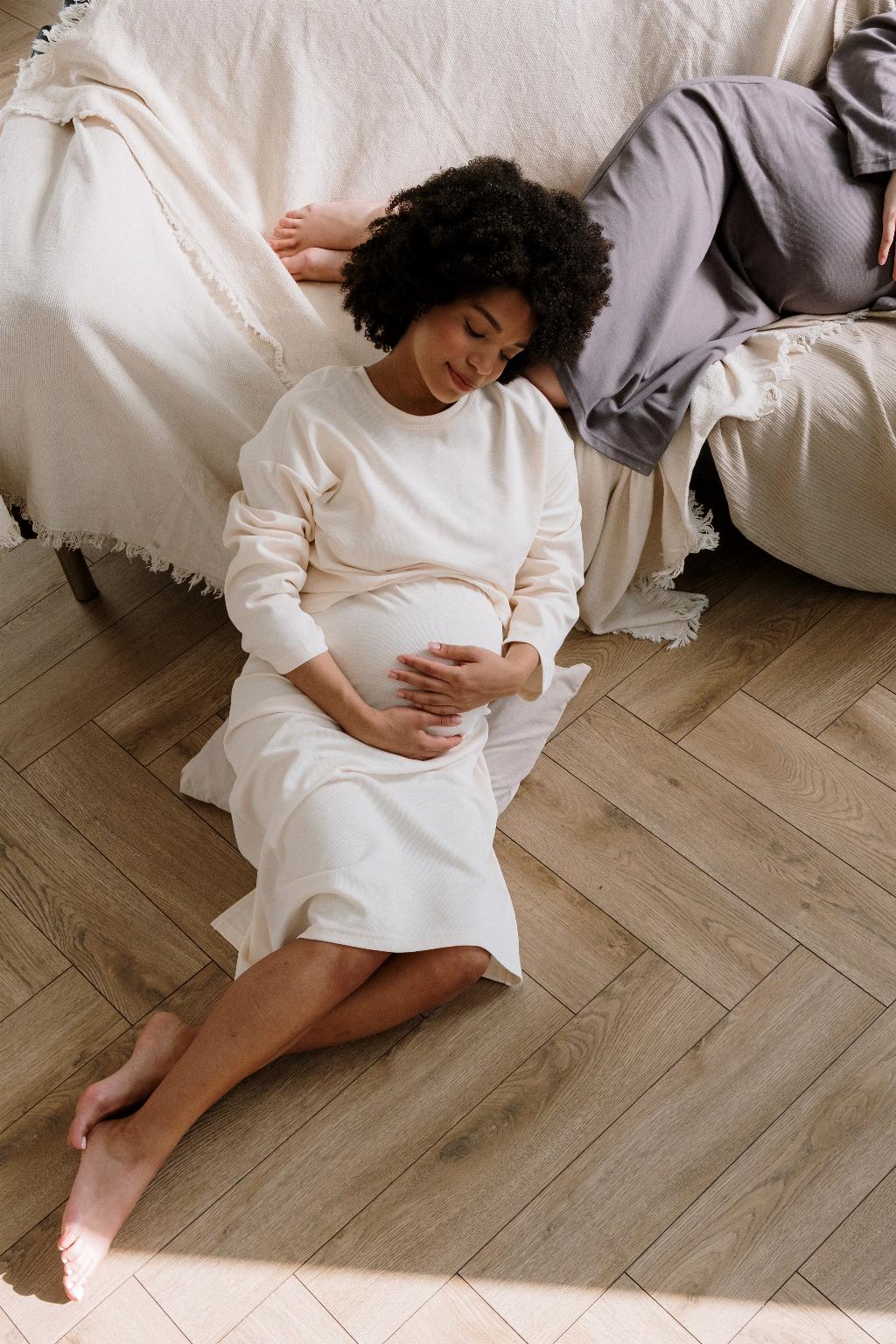When it comes to the relationship between intramural fibroids and pregnancy, it is crucial to delve into the specifics of how these non-cancerous growths in the uterus can potentially impact a woman’s ability to conceive and carry a baby to full term. While submucosal fibroids are more likely to interfere with fertility and pregnancy, the focus here is on intramural fibroids, particularly when they are small in size.
One key point to consider is the location of intramural fibroids within the uterine wall. These fibroids develop within the muscular wall of the uterus and can vary in size. The impact of intramural fibroids on pregnancy largely depends on their size, number, and exact location within the uterine wall.
For women with small intramural fibroids that are not near the uterine lining and do not cause distortion of the uterine cavity, the likelihood of these fibroids affecting pregnancy is relatively low. Small intramural fibroids, when properly monitored and managed, may not pose a significant risk to fertility or pregnancy outcomes.
However, when intramural fibroids are larger in size or positioned in a way that interferes with the uterine cavity or overall uterine function, the impact on pregnancy can be more pronounced. Large intramural fibroids have the potential to affect fertility by disrupting the normal structure of the uterus and altering its ability to support a developing embryo.
In some cases, larger intramural fibroids may contribute to issues such as recurrent miscarriages or difficulties in conceiving. The presence of these fibroids can lead to challenges with embryo implantation or proper fetal development, increasing the risk of pregnancy complications.
It is essential for women with intramural fibroids who are planning for pregnancy or facing fertility concerns to consult with their healthcare provider or a fertility specialist. A thorough evaluation of the size, number, and location of the fibroids can help determine the potential impact on pregnancy and guide appropriate management strategies.
Treatment options for intramural fibroids may vary depending on the individual’s unique circumstances and fertility goals. In some cases, watchful waiting and regular monitoring may be recommended, especially for smaller fibroids that are not causing significant symptoms or affecting fertility.
For women experiencing challenges with fertility or recurrent pregnancy loss due to intramural fibroids, interventions such as surgical removal of the fibroids (myomectomy) or minimally invasive procedures to shrink the fibroids may be considered to improve the chances of successful pregnancy.
While the presence of intramural fibroids can raise concerns about their potential impact on fertility and pregnancy, it is important to approach each case individually and consider the overall health and reproductive goals of the individual. With proper management and guidance from healthcare providers, many women with intramural fibroids can successfully conceive and have healthy pregnancies.
Ultimately, the relationship between intramural fibroids and pregnancy outcomes is complex and can vary based on various factors. By staying informed, proactive, and working closely with healthcare professionals, women can navigate the challenges posed by intramural fibroids and optimize their chances of achieving a successful pregnancy.
In conclusion, while intramural fibroids, particularly when small and not causing significant issues, may not have a substantial impact on pregnancy, it is essential for women to be proactive in managing any concerns related to these fibroids to ensure the best possible outcomes for fertility and pregnancy.

